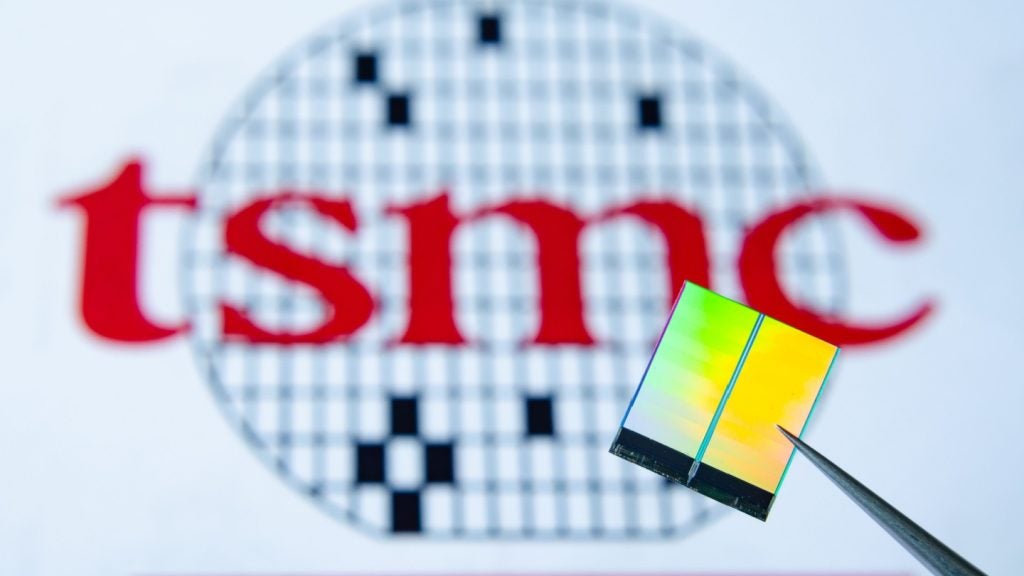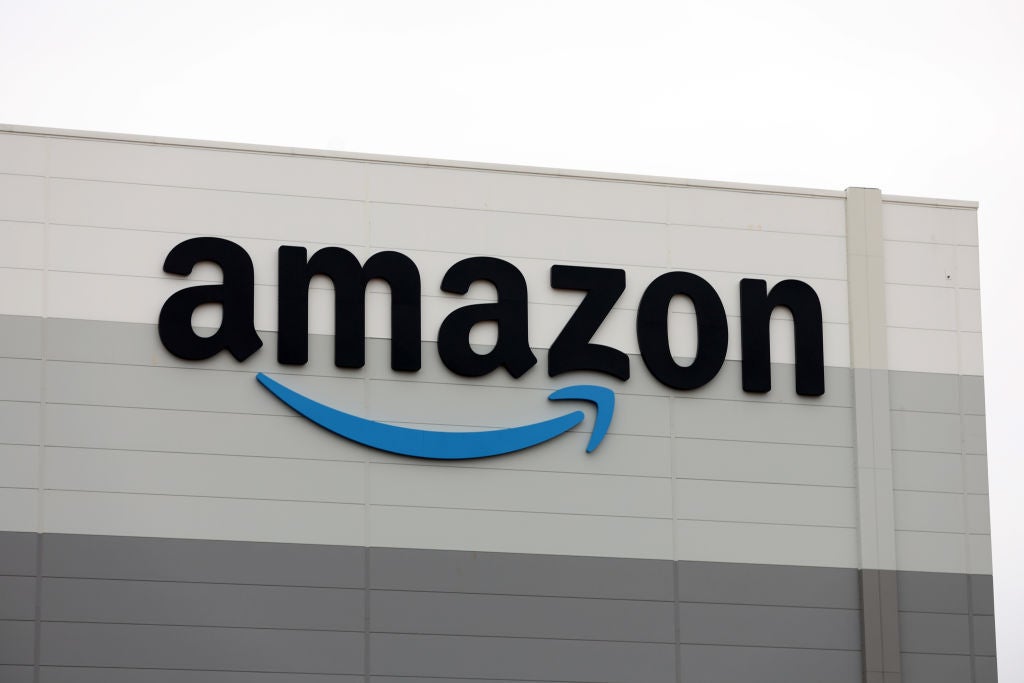
Amazon has released its Sustainability Report for 2020, detailing substantial progress toward its many ambitious goals, particularly in decarbonizing its operations.
Decarbonizing the global economy is far and away the single most critical success factor in halting global warming. The Paris Agreement of 2015 reflects climate scientists’ consensus that the economy must reach net-zero carbon emissions by 2050 to avoid the most catastrophic effects of climate change.
Huge challenge for Amazon
Amazon, with its massive data centers, vast offices, huge vehicle fleets, and billions of packages delivered each year, faces a massive decarbonization challenge. Far from running from the challenge, Amazon has embraced it and set a goal of reaching net-zero by 2040, 10 years sooner than called for by the treaty signed by 197 countries. With NGO partner Global Optimism, Amazon has launched The Climate Pledge to enlist other companies to make the 2040 commitment.
To cite a few highlights of the new sustainability report, Amazon:
- Reached 65% renewable energy across its business in 2020, up from 42% in 2019. It aims to reach 100% by 2025, five years sooner than it first promised.
- Deployed its first Rivian electric delivery vehicles in February 2021, part of the 100,000 vehicles it purchased in 2019. The first deployment is in Los Angeles; Amazon promises to be in 15 more US cities by the end of 2021 and to deploy all 100,000 vehicles by 2030.
- Decreased its carbon intensity by 16%, from 122.8 grams of CO2 equivalent (CO2e) in 2019 to 102.7 grams of CO2e in 2020.
- Launched “Climate Pledge Friendly,” a program in which third-party partners certify retail products (more than 75,000 so far) that further the decarbonization goal. We expect other retailers will launch similar programs; the result will be more consumer choice in products aligned with net-zero.
Amazon calls out its success in reducing its carbon intensity while acknowledging that its absolute carbon emissions grew 19%, from 51 million tons of CO2e in 2019 to 60.6 mm tons CO2e in 2020.
Growth and net-zero requires a balancing act
The contrast illustrates the balancing act that many companies face in meeting the net-zero imperative while maintaining the growth on which investors (including current and future pension recipients) rely. Developing countries face a parallel challenge in generating equitable economic growth. Fossil-fuel industries face something similar in effecting wholesale change in fundamental business models.
How well do you really know your competitors?
Access the most comprehensive Company Profiles on the market, powered by GlobalData. Save hours of research. Gain competitive edge.

Thank you!
Your download email will arrive shortly
Not ready to buy yet? Download a free sample
We are confident about the unique quality of our Company Profiles. However, we want you to make the most beneficial decision for your business, so we offer a free sample that you can download by submitting the below form
By GlobalData(Amazon engaged two economists to write an independent white paper explaining carbon intensity and its role in decarbonization.)
Amazon attributes almost half of its carbon intensity improvement to investments in renewable energy and operational efficiency. One-third is due to Covid-19 shifts in customer and employee behavior, such as reduced business travel and the growth of home delivery versus in-store shopping. Meanwhile, its purchase of electric delivery vehicles is a long-term investment whose impact on absolute emissions is only beginning to reduce its absolute emissions.
In another 2020 milestone, Amazon joined the Science-Based Targets initiative (SBTi), a joint effort of four major non-governmental organizations that works with companies to set targets aligned with the science underlying the Paris Agreement. Amazon expects to publish its SBTi targets once they are approved, most likely in 2022.
Deadly heatwaves, rising seas, and the onset of another wildfire season generate worry and impatience. Unfortunately, we have not yet seen an effective governmental response to climate change, but we find hope in the growing pace of renewable power adoption and enterprise participation in initiatives such as The Climate Pledge and SBTi. Companies involved in these programs are not choosing between short-term and long-term thinking. They are choosing to do both.









Related Company Profiles
Amazon.com Inc